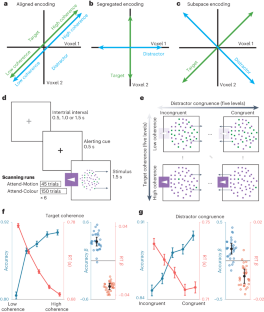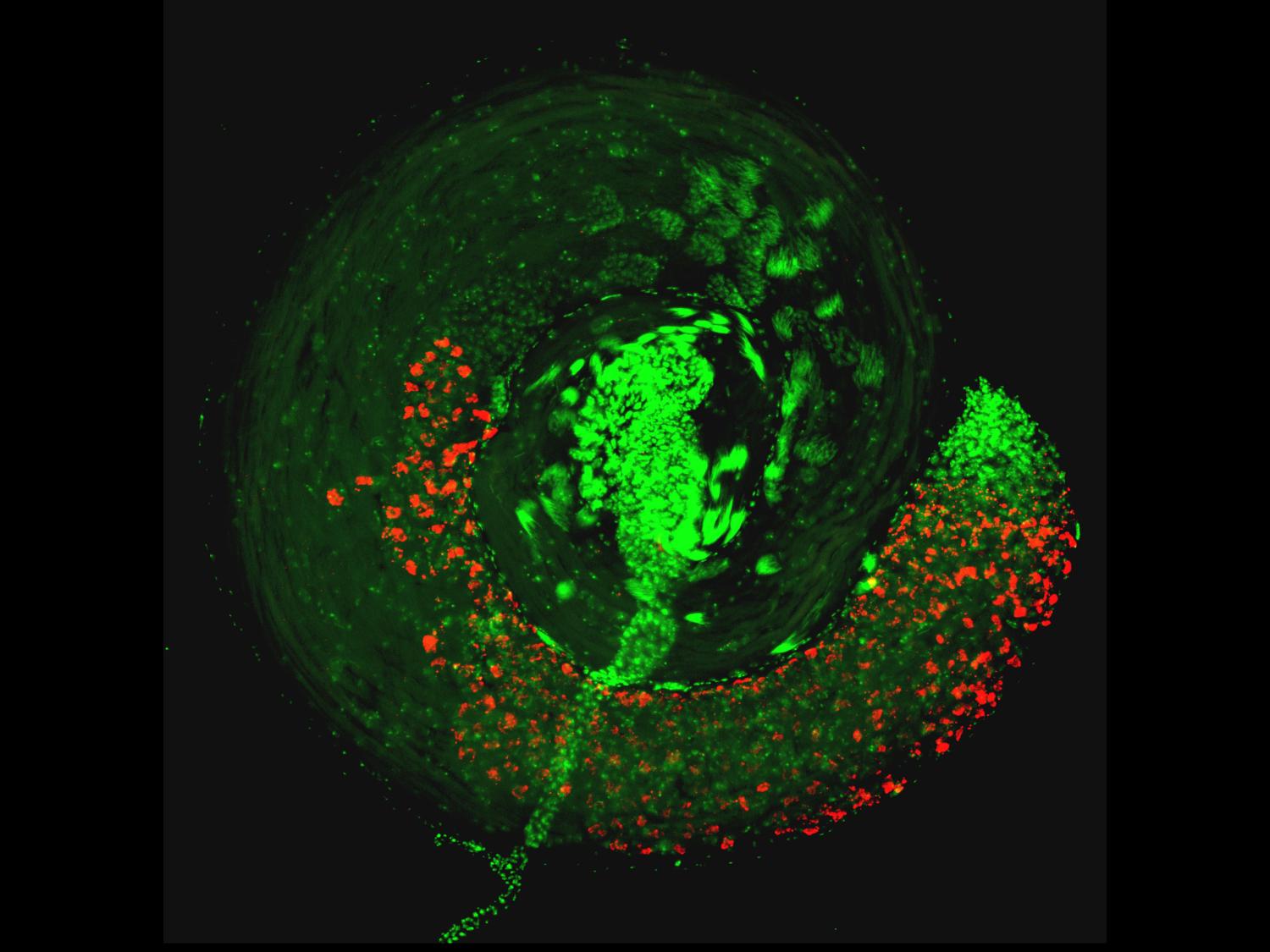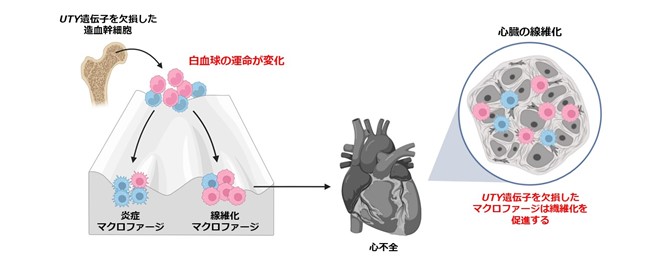2024-03-08 ブラウン大学
<関連情報>
ターゲットとディストラクターの直交神経エンコーディングが多変量認知制御を支える Orthogonal neural encoding of targets and distractors supports multivariate cognitive control
Harrison Ritz & Amitai Shenhav
Nature Human Behaviour Published:08 March 2024
DOI:https://doi.org/10.1038/s41562-024-01826-7

Abstract
The complex challenges of our mental life require us to coordinate multiple forms of neural information processing. Recent behavioural studies have found that people can coordinate multiple forms of attention, but the underlying neural control process remains obscure. We hypothesized that the brain implements multivariate control by independently monitoring feature-specific difficulty and independently prioritizing feature-specific processing. During functional MRI, participants performed a parametric conflict task that separately tags target and distractor processing. Consistent with feature-specific monitoring, univariate analyses revealed spatially segregated encoding of target and distractor difficulty in the dorsal anterior cingulate cortex. Consistent with feature-specific attentional priority, our encoding geometry analysis revealed overlapping but orthogonal representations of target and distractor coherence in the intraparietal sulcus. Coherence representations were mediated by control demands and aligned with both performance and frontoparietal activity, consistent with top-down attention. Together, these findings provide evidence for the neural geometry necessary to coordinate multivariate cognitive control.


